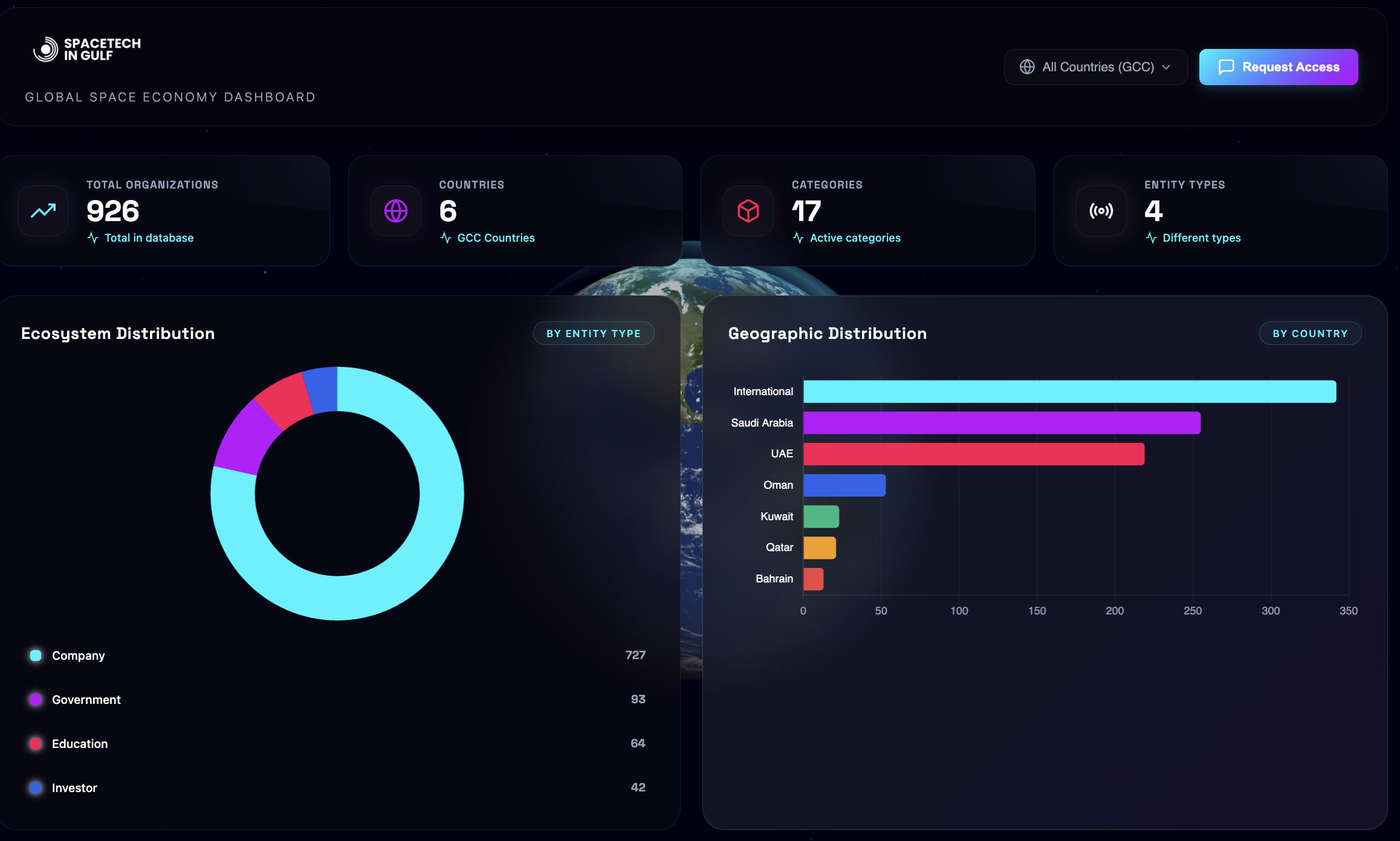

Rand Simberg is a recovering aerospace engineer with over four decades of experience in the space industry. Early in his career, he accumulated over a decade of experience in engineering and management at the Aerospace Corporation in El Segundo, California and Rockwell International in Downey, California. Since leaving Rockwell in 1993, he has been a consultant in space technology and business development as well as a technology entrepreneur. He also advises on regulatory and market issues pertaining to commercial and personal spaceflight.
Mr. Simberg holds multiple engineering degrees from the University of Michigan, Ann Arbor and a Masters degree in Technical Management from West Coast University in Los Angeles. He has written many pieces for Popular Mechanics, Fox News, USA Today, PJMedia, National Review, Reason magazine, The Weekly Standard, The Washington Times, and TCSDaily, among others. He has also written extensive essays on space policy and technology for the quarterly journal, The New Atlantis. He is author of the book Safe Is Not An Option: Overcoming The Futile Obsession With Getting Everyone Back Alive That Is Killing Our Expansion Into Space.
What inspired you to become involved in the space industry, and what keeps you motivated to continue advocating for its development and commercialization?
I read a lot of science fiction about space as a kid (Heinlein, Asimov, Clarke, and others), and saw men walk on the moon (yeah, I’m that old). I see space as a new frontier for humanity, and like Elon Musk and others, feel that we, as the first species that has evolved on this home planet with the capability to do so, have an obligation to bring life and consciousness to the universe. The solar system is just the first step of many.
In your opinion, what are the most promising current developments in space technology?
The most promising development is the reduction in cost of getting mass into orbit, and back, with the prospect for further reductions unimaginable a few years ago, with the advent of fully reusable space transports, like SpaceX’s Starship/Superheavy. There have been many concepts over the decades that were technically feasible, like large rotating space stations, solar power satellites, lunar bases, that haven’t happened because they weren’t affordable. Low-cost access to space will revolutionize the industry and enable its industrialization and development.
What new frontiers do you think we should be exploring?
Well, we should be exploring the whole solar system to seek resources. We should be sending out not single probes, but armadas of cheap ones for massively parallel exploration. There should be thousands of rovers on the moon and Mars, perhaps paid for by private individuals to do their own exploration, and perhaps even claiming stakes. We should be investigating the cloud tops of Venus to see if it is scenic, and if the atmosphere can be mined for resources needed to support floating cities, which would have earthly gravity.
What role do you think private companies should play in space exploration and development, and how can they work alongside government agencies like NASA to achieve common goals?
NASA should be doing those things for which there is no financial ROI, and it should be doing it as much as possible by buying data from the private sector, rather than building its own hardware. It should also be supporting the development of technology that industry requests, as its predecessor, the National Advisory Committee on Aeronautics, provided for the aviation industry from 1915 when it was formed through 1958, when it became part of NASA. Unfortunately, with the advent of Apollo, NASA became a monopsony customer to industry, rather than a partner and provider of technology. Fortunately, that is starting to change (as it is with the DoD as well).
Do you have any concerns about the potential militarization of space, and how do you think the international community should approach this issue?
Space has been militarized from the very beginning. Most of the first satellites were spy satellites. Since then, there have been many more, as well as satellites for secure military communications. There have been cyberattacks on satellites (including commercial satellites, like SpaceX’s Starlink), and close approaches of both military and commercial satellites by other potentially hostile satellites without a declaration of intentions.
But if you think that the word “militarization” means more than that, in terms of expanding to actual kinetic warfare, that is, unfortunately, probably inevitable as humanity continues to expand into and develop space. The vast amount of resources in the solar system are not on Earth, but beyond it, in energy from the Sun and raw materials on the planetary bodies, their moons, in their atmospheres, and in the asteroids. Just as we’ve seen historically on Earth, the growing competition for them will not always be peaceful.
Violence and war have been with us since the dawn of humanity, and they are unfortunately very human traits that we will no doubt carry forward off the planet, given the crooked timber from which we are hewn. But we will also bring along with us many more desirable ones, such as art, beauty, love, and reason, and these may help to mitigate the darker impulses. The good news is that, despite recent events, we are living in the most peaceful times in human history, and we can at least hope that this trend will continue as we bring humanity forth into the solar system.
Realistically, I don’t think there’s much that the international community on Earth can do about this, given how poorly the UN has historically performed (for what were perfectly predictable reasons at its inception).
What do you see as the biggest challenges facing the space industry in the next few years, and how can they be addressed?
I worry about the proliferation of satellite constellations and how sustainable they are with the increasing number of daily conjunctions and associated collision risk. I do see this being addressed, however, by both governments and private actors, such as Astroscale. The key will be to figure out how to incent people to not only prevent additional debris accumulation, but to reduce that already present.
I think that there is a danger of overregulation (but only in the West; China will do what it wants). This will only be addressed by continual explanation to Congress and the EU of the consequences of going so, and putting up a united industry front. In some cases this will be difficult, because larger players in an industry can often welcome regulation which they have the resources to deal with, but will hobble potential competition as a barrier to entry.
There is going to be growing opposition to space development and settlement, even from some within the “space exploration” community, who want to keep the solar system pristine for pure science, and to “decolonialize” space (whatever that means). There will have to be an ongoing debate within that community pointing out that their stance is essentially anti-human (as much of the “green” political movement is).
Finances will always be a challenge, and a global financial collapse would obviously inhibit the growth of space development, if not shut it down altogether. On the other hand, there was in fact a great deal of technological progress during the Great Depression. Many of New York’s skyscrapers were built then, along with the Golden Gate Bridge. Television was invented, new industrial processes were developed, and great advances were made in both commercial and military aviation (e.g., the DC-3).
But ultimately, the only way to address this is to have the best business plans possible.
Some people have expressed concern about the potential environmental impacts of space activities. How do you respond to these concerns, and what steps do you think should be taken to minimize any negative effects?
One has to differentiate between harm to the terrestrial environment, and harm to the extraterrestrial environment. For the former, large-scale rocket launches will ultimately be putting a lot of gases into the atmosphere that some consider polluting, and harmful to the environment (including affecting climate). But the launch industry is not unique in that regard, and it will have to stand in solidarity with the other industries that are at threat of being shut down over irrational policies (e.g., punishing the production of wealth in the West while ignoring the fact that it will have no actual affect on climate because China will continue to burn coal).
In terms of harm to the environment off planet, one has to decide what that means. We are aware of no ecosystems to harm on the Moon, but as discussed previously, there are some people who think that the Moon should be off limits from development because it has some kind of right to its current state (ignoring the fact that its current state is the result of eons of being pummeled by asteroids, and this is continuing to happen). So it will be hard to even debate the issue without a definition of terms. My position would be that rocks don’t have rights, in the sense we understand of an entity with moral agency, and the Moon and other celestial bodies are simply very large rocks.
You’ve written extensively about the need for regulatory reform in the space industry. What specific changes do you think need to be made, and how can they be implemented?
The current issue of Ad Astra, the magazine of the National Space Society, has a lengthy article by me on this subject. Briefly, in the US, we need to assign responsibility to a single entity for the regulation of activities off planet to meet our “continuing supervision” responsibility under Article VI of the Outer Space Treaty, and there is a growing consensus that this should be the Office of Space Commerce in the Department of Commerce. We need to extend the “learning period” (again) that keeps a light hand on regulating human launch systems by the FAA, because we still don’t have the experience we need to do it properly while continuing industry growth. Many, including me, are working with Congress to get legislation through this year to make things like this happen.
Space tourism is becoming an increasingly popular concept, but some critics argue that it’s only accessible to the wealthy and doesn’t address broader societal needs. What’s your take on this issue?
Every technology advance has at first been available only to the wealthy. Whether the first cars, the first television, the first color television, the first video cassette recorder, the first personal computer, the first big-screen television, they were all very expensive, and affordable to few. But the profits from those early sales allowed investment in technology and scale that brought them to the masses. And none of those developments “addressed broader societal needs,” because that’s not how technology development works. We develop technology to improve peoples’ lives, and the early wealthy adopters allow us to do that and expand its reach. Few could afford luxury cruises a century ago, but now it’s a middle-class pleasure. It will be the same with personal space travel.
And when more and more people visit space, they will experience what author Frank White calls, “the Overview Effect,” in which looking down on the planet makes one realize it as a fragile whole, with no obvious borders or nations (other than North and South Korea at night). Everyone who has seen it from above has been deeply moved by it, and returned with more of a determination to protect it. If that kind of consciousness can be expanded to a much larger number of people, I suspect that it will help quite a bit in “addressing broader societal needs.”
What advice would you give to someone who is interested in getting involved in the space industry, whether as a scientist, engineer, entrepreneur, or advocate?
Learn as much as you can about the field, and understand that space is not a “program,” but a place, in which in the near future people are going to work, live, and play, just as the do on Earth. They will have all the needs of people who live in terrestrial communities, and it will create job opportunities for not just engineers and scientists, but many other fields, including the arts. Work on space fashion. Come up with space cuisine. Think about new forms of entertainment that could be provided in free fall. Build a better mousetrap for space mice. Think about what you love, and think broadly, and how you might be able to apply it to space.
Finally, looking to the future, what do you hope to see for the space industry in the coming decades, and what role do you envision playing in its continued growth and success?
I hope to see large rotating space stations like in the movie 2001, lunar bases, satellites beaming clean power down to the planet 24/7/365, hundreds, thousands living in space and procreating, as we develop the resources of the solar system and integrate its economy into that of the home planet. I’m not sure what my role will be, given the limited time I have left (though I continue to hope for progress in life extension), but I will continue to do whatever I can to promote and enable that future.









